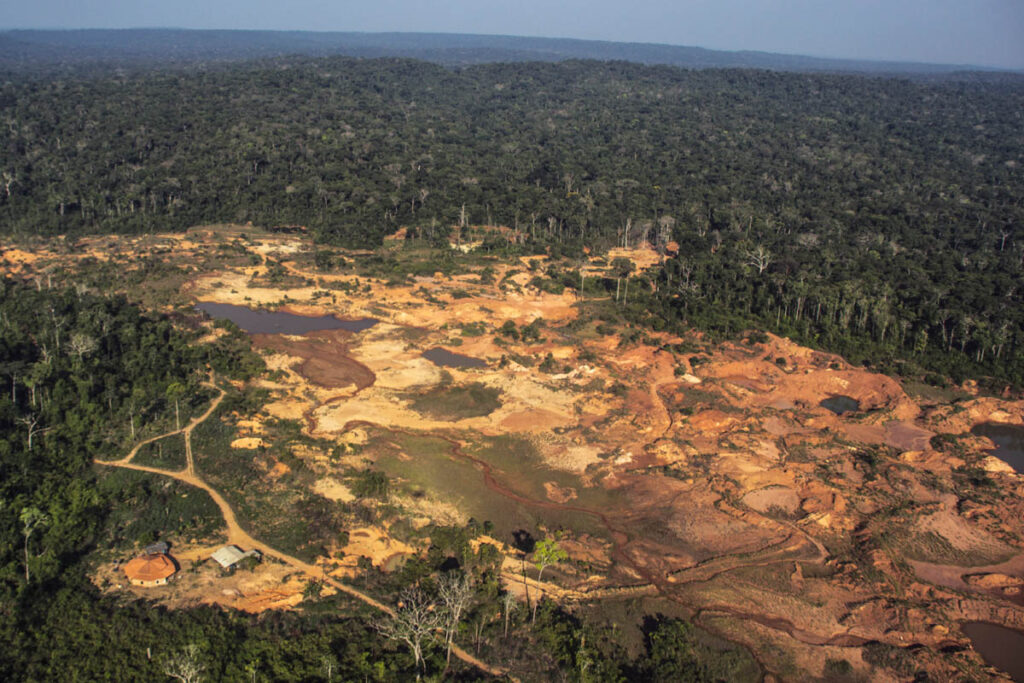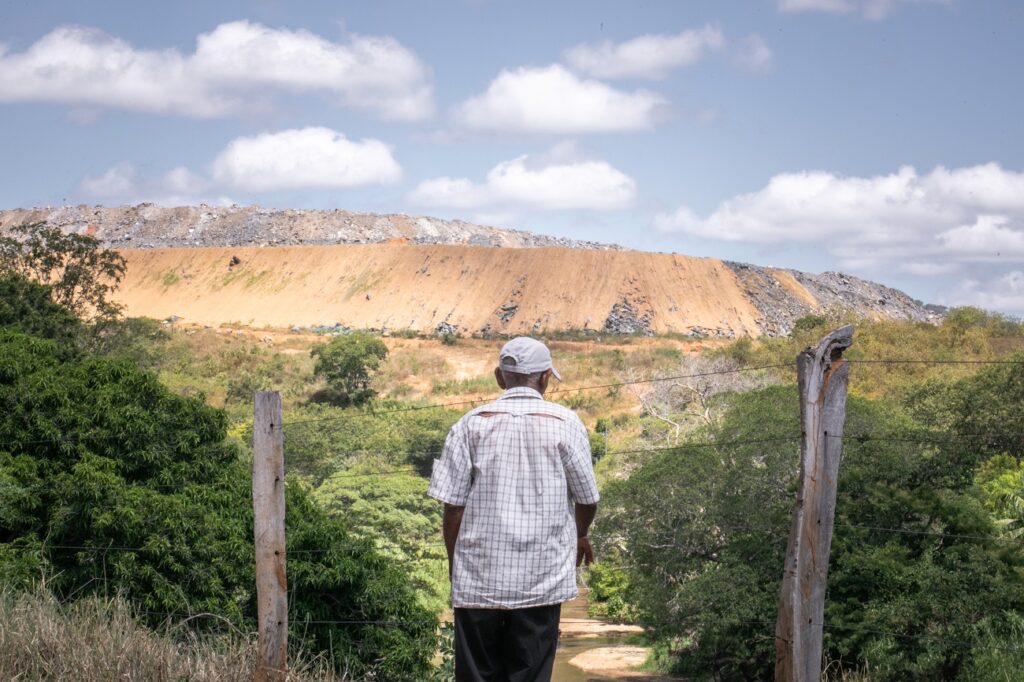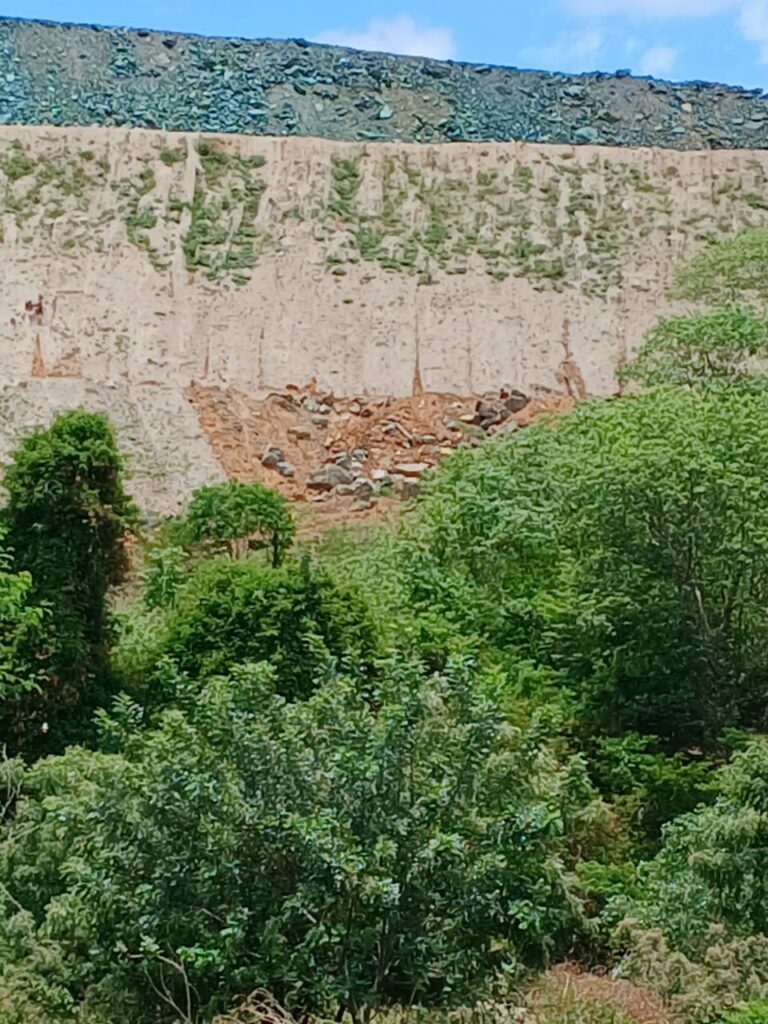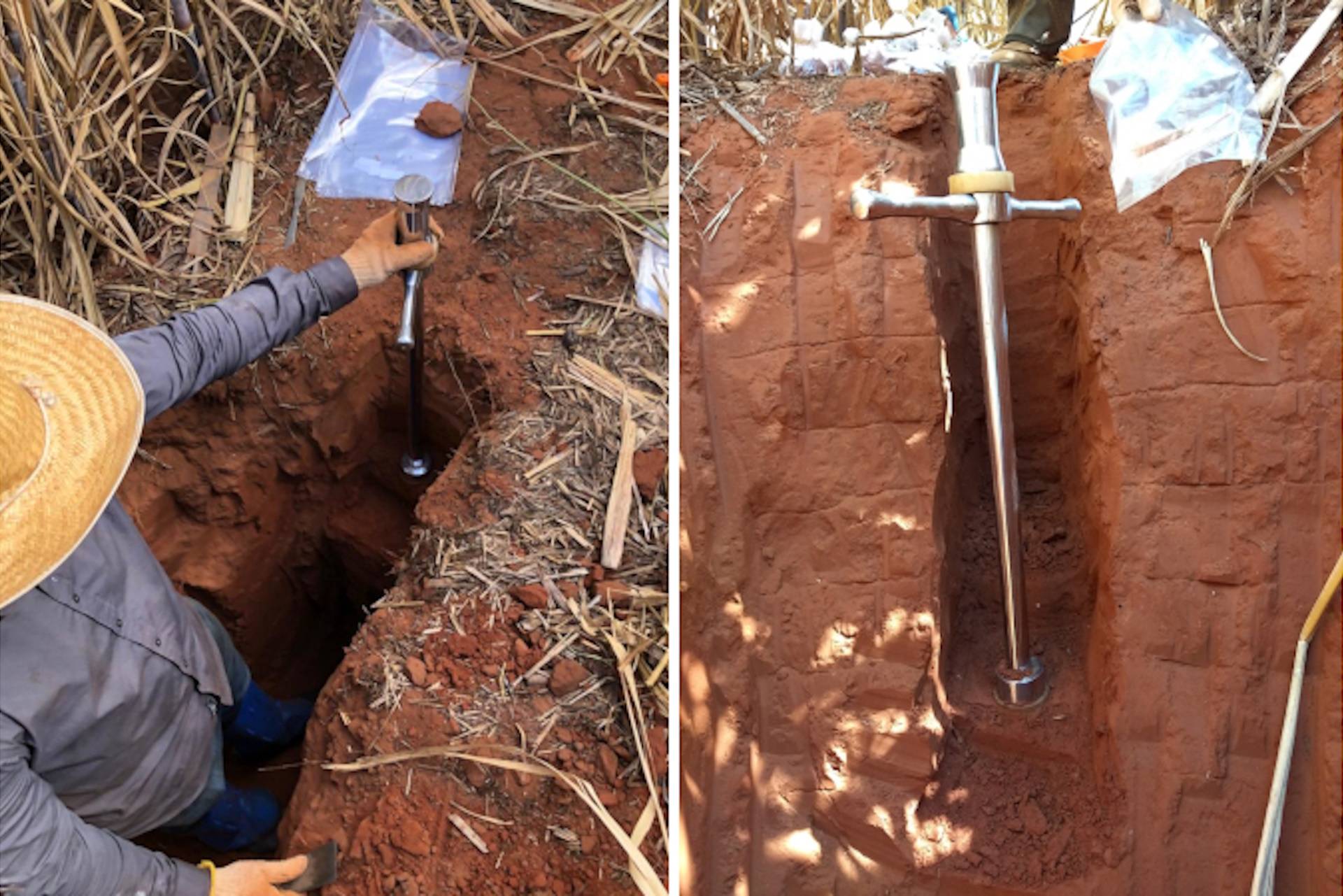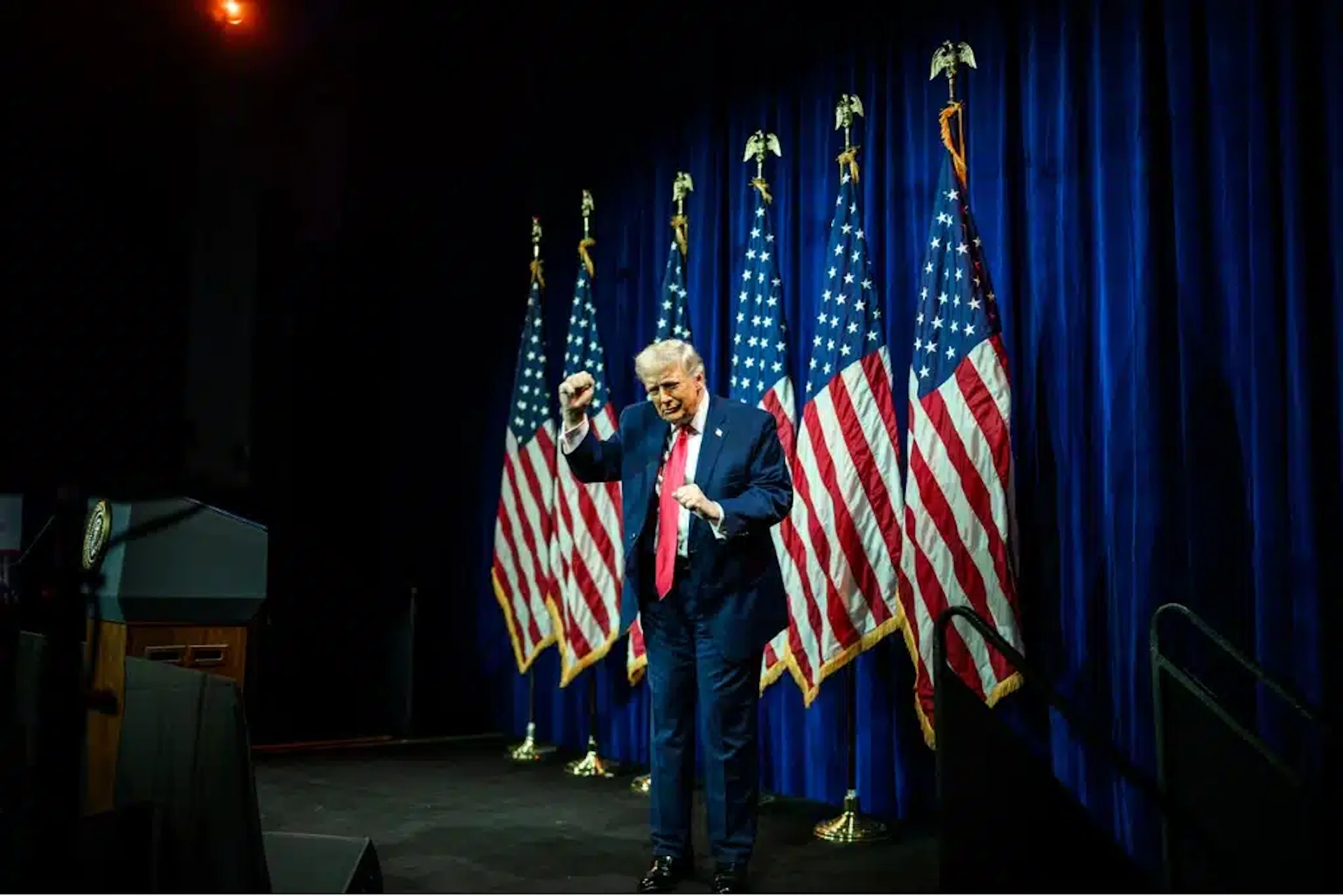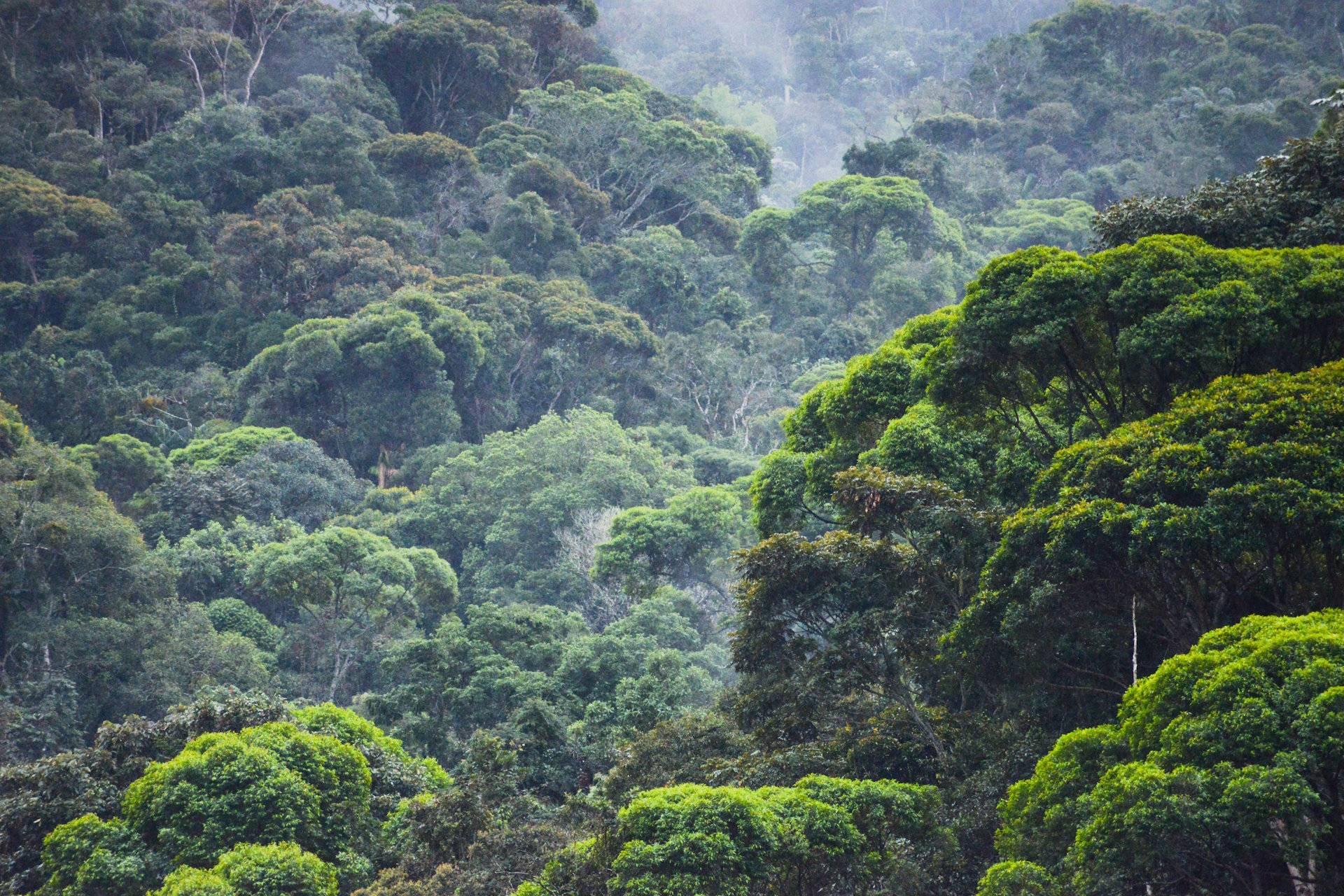Anglo American has confirmed, in a letter sent to the Association of Indigenous Peoples of Brazil (APIB) and Amazon Watch , that it does not intend to halt mining on indigenous lands in the Brazilian Amazon.
The response came in the wake of the report “Complicity in Destruction” , which I co-wrote and helped with the research, published in October 2020, and the public note from APIB released in December pleading that the English mining company commit not to mine on indigenous lands in Brazil.
By refusing to abandon its plans, Anglo American confirms that the applications filed at the Brazilian Mining Agency (Agência Nacional de Mineração—ANM) are not merely protocol, and that changes in legislation may ultimately favor it.
To understand the context, we must go back in time a little.
In March 2020, I published this article on Mongabay , showing that Anglo American and its subsidiaries, Tanagra and Itamaracá, had almost 300 applications at ANM, covering 18 indigenous lands in the Amazon.
The most recent case was that of Sawré Muybu, in the Middle Tapajós, home to the Munduruku people, with five applications from 2017 and 2019.
Based on this story , Anglo American was questioned by the London Mining Network at its shareholders’ meeting held in May 2020.
At the time, Anglo American confirmed only 4 of the hundreds of applications which, according to the company, “slightly overlapped” ITs and, when asked, did not comment directly on Jair Bolsonaro’s PL 191/2020, which authorizes mining inside indigenous land.
Last week, I showed here that Jair Bolson a ro demanded the project to be treated as priority by Arthur Lira the new Speaker of the House, who received R$ 200,000 in donations from Rico Táxi Aéreo, a company that not only serves prospectors in the Amazon but also provides private jets for Lira’s travels.
More than ever, the official authorization for the exploitation of indigenous land, attempted by the market since the mid-1990s, is deemed imminent— although the case may be taken to the Supreme Court.
And not just Anglo American, but all large, medium and small mining companies, accounting for thousands of applications filed at ANM, are to benefit from this measure.
Once again avoiding commenting on the Bill in question when asked by APIB, Anglo American stated only that “all legislative changes that affect indigenous rights must be made in consultation with the potentially affected communities, and such consultations should consider the diversity of communities and their aspirations, with some communities approving mining and others opposing it.”
Bolsonaro’s Bill, however, will hold a merely symbolic consultation, and no veto power will be granted to indigenous peoples.
Applications with no explanations
Following the unfolding of the March story on Mongabay and the insufficient explanations given by Anglo American to the London Mining Network in May, the company once again evasively attempts to explain the reality of its intentions.
On November 20, in response to the Business and Human Rights Resource Center, Anglo American stated that it had given up all applications for mineral exploration inside indigenous lands in Brazil, and that it would contact the ANM to update its applications, following the release of the Complicity in Destruction III report.
However, on November 27, InfoAmazônia revealed that the ANM had granted permission for 27 of the mining company’s applications for copper prospection inside indigenous territories in the states of Mato Grosso and Pará.
Updating the situation, the data collected by the Amazonia Minada project from the ANM database for January 30 and sent to the Mining Observatory show, however, that if we consider all types of applications at any stage of processing, Anglo American has 86 applications in total that concern indigenous lands, 23 of them on Sawré Muybu land.
The Badjonkore, Menkragnoti and Kayapó TIs in Pará, and the Kayabi, Apiaká and Escondido indigenous lands in Mato Grosso are also targeted by the English mining company for copper and nickel exploration.
In May 2020 Anglo American acknowledged only 4 applications and on January 25, 2021 only 25 applications (including from its subsidiaries). The current reality, however, shows that the extent of the problem is much greater than what has been recognized by the mining company so far.
Just a mix-up or cunning strategy? Another question that Anglo American needs to answer.
Overlap confirmed
Again, in the response sent by Anglo on January 25 , the mining company states that it has withdrawn most applications on its behalf and on behalf of its subsidiaries Tanagra and Itamaracá, but that the data was not removed from the ANM database.
Although the ANM database is not really the most organized and has numerous specific cases, such as judicial asset freezing and withdrawals that remain on the system, Anglo American recognizes some applications which, the company claims, would be subject of “dubious overlapping” on indigenous lands and would be waiting for a decision by ANM.
In the case of three applications dating from 2019, the most recent ones, which overlap the Sawré Muybu IT, of the Munduruku people, a search I conducted in ANM’s system shows the polygonal of the three cases in which the overlap is confirmed. In other words: the mining company should have no doubts about this.



All three of the aforementioned applications were withdrawn on January 27, two days after the letter was sent. This indicates that pressure from the indigenous movement and Amazon Watch has paid off. You can ask Anglo American about this case from this campaign page .

Munduruku people ask Anglo American to leave their territory
Alessandra Munduruku, one of the main indigenous leaders in Brazil, posted on her Facebook page the result of a meeting of the Munduruku people asking Anglo American to leave their land: “The Anglo American mining company requested authorization to ANM to explore the Sawré Muybu Indigenous Territory—a mining company that destroys forests, rivers and indigenous peoples. We are inside [our territory] and will continue to be. Anglo American—Get Out! Demarcation Now! The people will go on resisting.”
In a letter from an assembly held in December , the Munduruku cited, in addition to Anglo, Vale and illegal mining, as well as other projects in the Middle Tapajós that directly impact their people, and once again reinforce their stance against Jair Bolsonaro’s Bill.
“This could get worse with the approval of the Death Bill (Bill 191). We, the majority of the Munduruku people, are against this Bill; we want our territory free from mining, prospection and all ventures that cause destruction and environmental and social impact, of everything that is detrimental to indigenous peoples’ way of living. Our consultation protocol is not being respected. Large companies like Vale are buying the subsoil of our lands, claiming it is Federal Government land, and for this reason they have the right to negotiate and explore the ore in the future—this is one more reason that they want the Bill’s approval (…). We don’t need mining to live, we have our organizations that work for life, and not for death.”
O post Anglo American does not halt mining on indigenous lands in the Amazon apareceu primeiro em Observatório da Mineração .
Fonte
O post “Anglo American does not halt mining on indigenous lands in the Amazon” foi publicado em 6th março 2021 e pode ser visto originalmente diretamente na fonte Observatório da Mineração


